
|
|
Automated Optical Inspection (AOI) |
|
|
Time-of-Flight Imaging and LIDAR Imaging |
|
|
Laser Pattern Projection and Point Cloud Imaging |
|
|
Scheimpflug Scanning |
Metrology is the scientific study of measurements. As technology becomes more advanced, the number of ways in which measurements can be made increases as well, and with much higher accuracy and precision than ever before.
Measurement systems are used across many industries to analyze and gauge critical properties and characteristics of matter. In process control, designated characteristics such as the color, dimensions, or shape of a sample, must be measured or observed at a specified sampling rate to ensure that no significant deviations occur. These metrology systems are used to improve throughput while maintaining safe operating conditions within manufacturing facilities and operating plants and to ensure product quality is conserved.

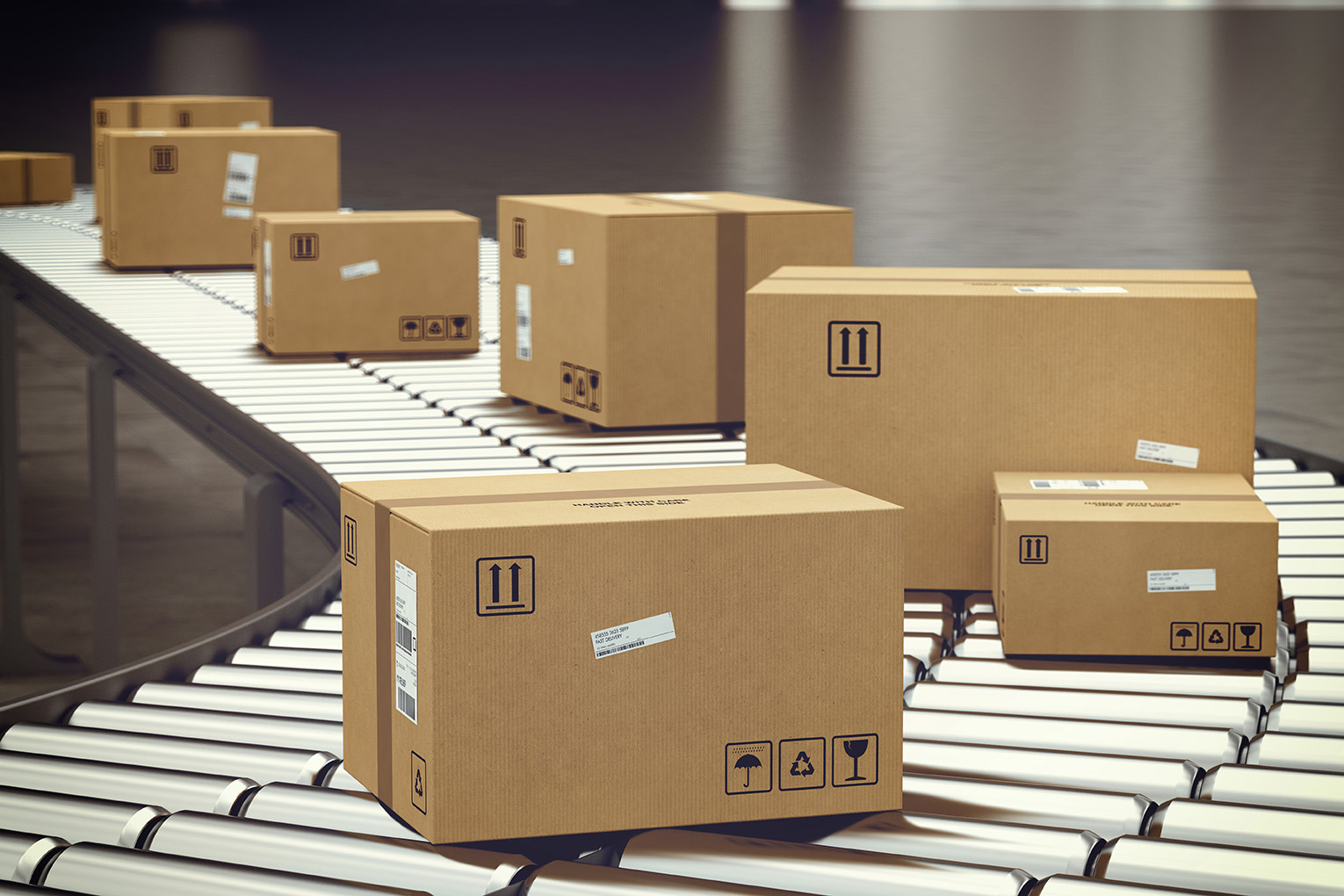
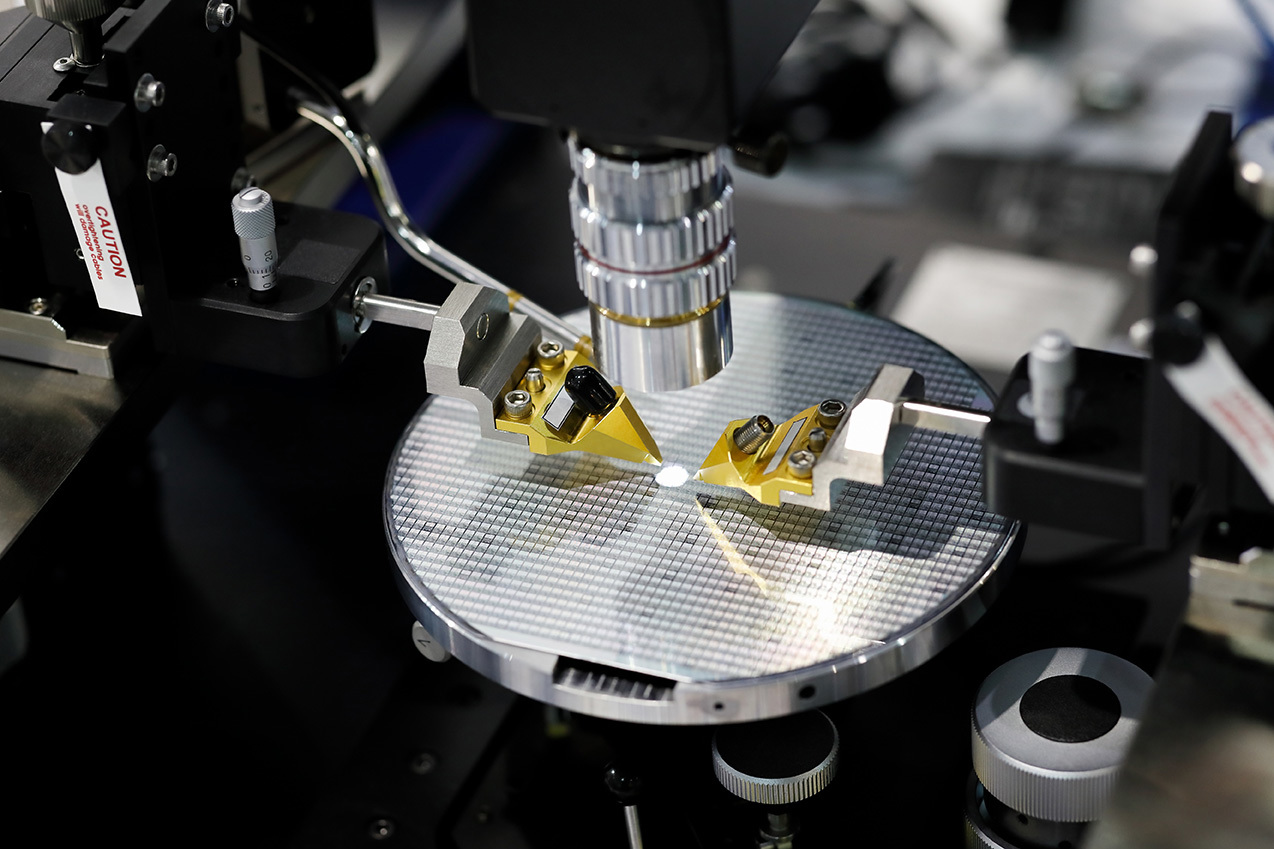
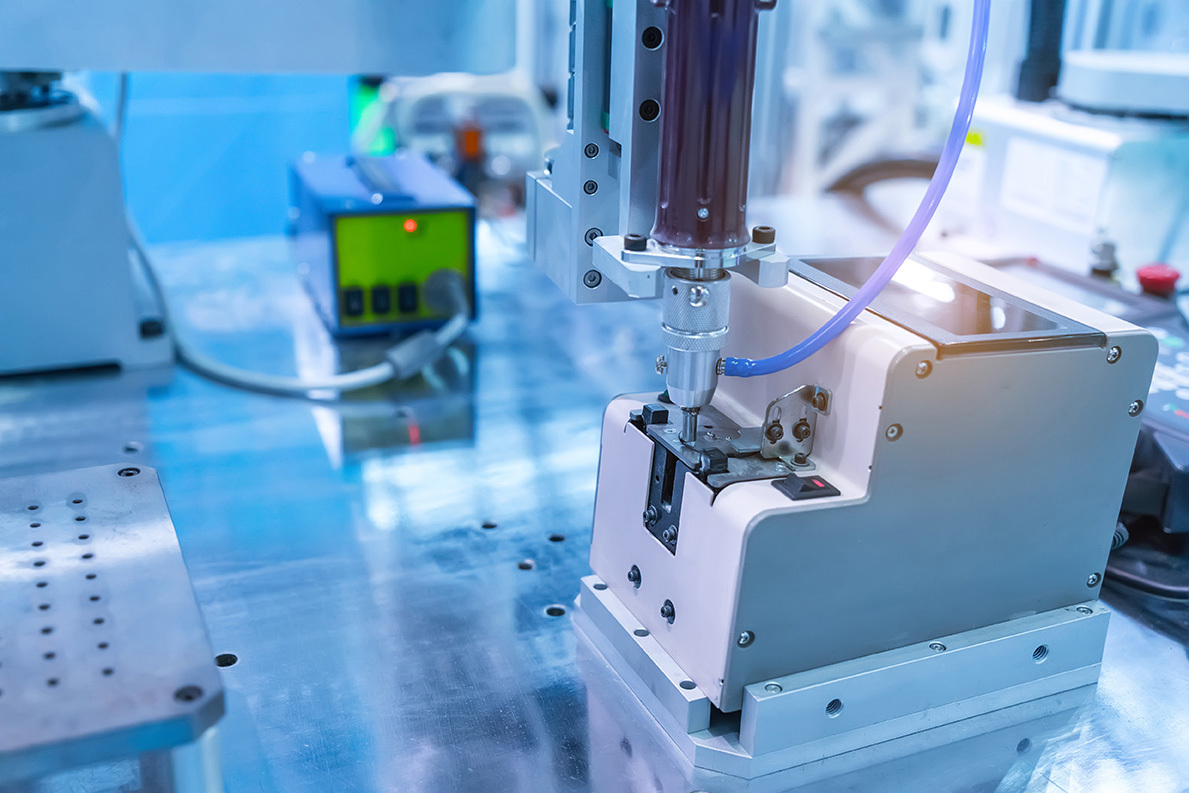
Making accurate measurements optically relies on imaging systems consisting of lenses with extremely low perspective or parallax error and illumination systems that light an object of interest and its environment appropriately. Telecentric lenses are a type of imaging lens that almost completely eliminate parallax error as well as image distortion. As such, telecentric lenses typically yield the most accurate dimensional measurements of all imaging lens types. Similarly, telecentric illumination is ideal for metrology applications as it results in extremely high-edge contrast images when used as backlight.
While extremely accurate for making measurements, telecentric lenses are typically larger and heavier machine vision lenses, which may be unsuitable for harsh environments subjected to shock and vibration. To maintain high-performance precision and reliability in these environments, non-telecentric fixed focal length imaging lenses are ruggedized to resist pixel shift from shock and vibration. While telecentric lenses eliminate perspective error, these lenses do not and are used for stereoscopic imaging. For 3D measurement applications including Time-of-Flight imaging, scheimpflug scanning, and LIDAR, laser patterns projected onto the sample object are imaged by a machine vision lens and manipulated into point cloud-like data structures which provide additional context about localized height or depth.
Edmund Optics (EO) is a world class optics and photonics manufacturer with over 78 years of experience in optics, design, testing, and manufacturing. Additionally, Edmund Optics offers a broad selection of versatile and off-the-shelf products, which are continuously updated to support current, relevant challenges for metrology & 3D measurements. Learn more about Edmund Optics and our World-Class Imaging Optics and Manufacturing Capabilities.
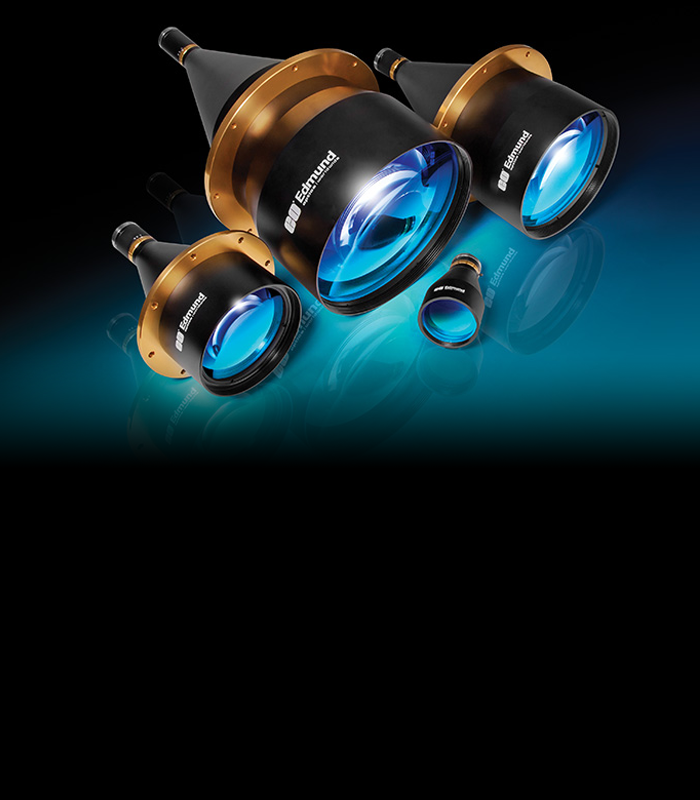
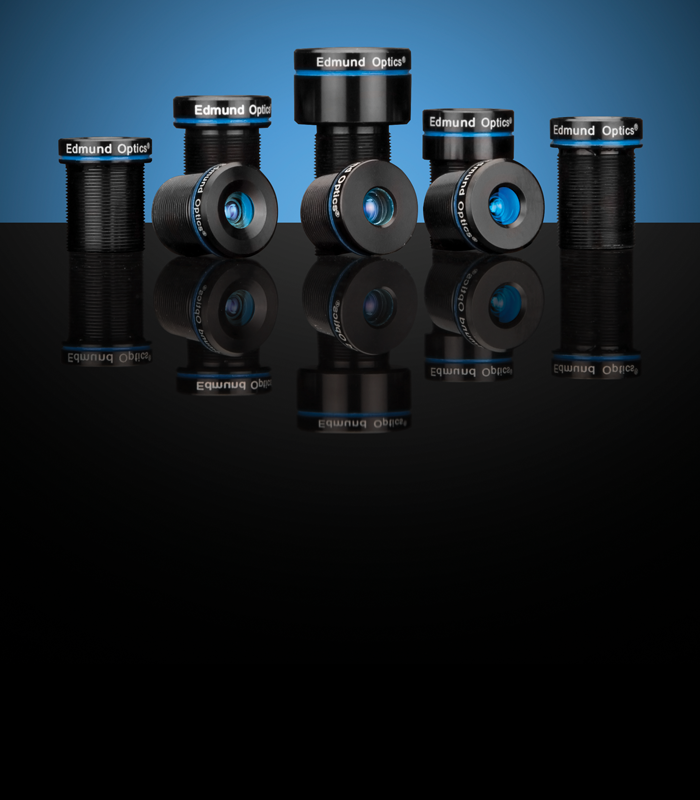
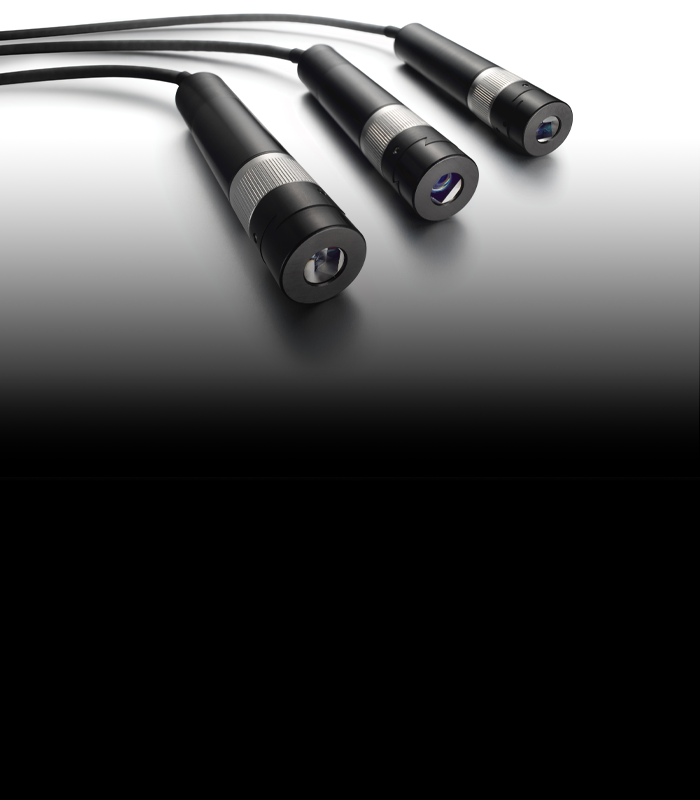
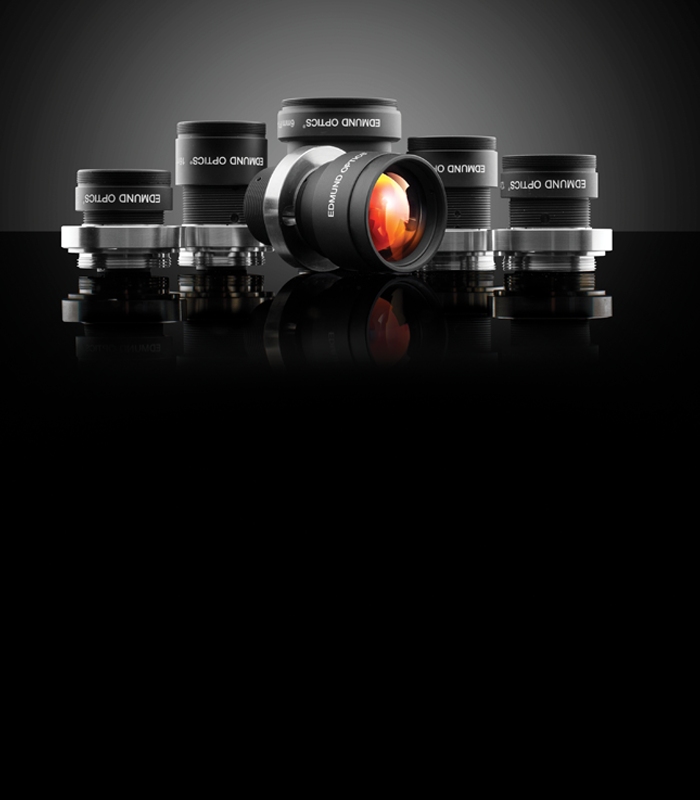
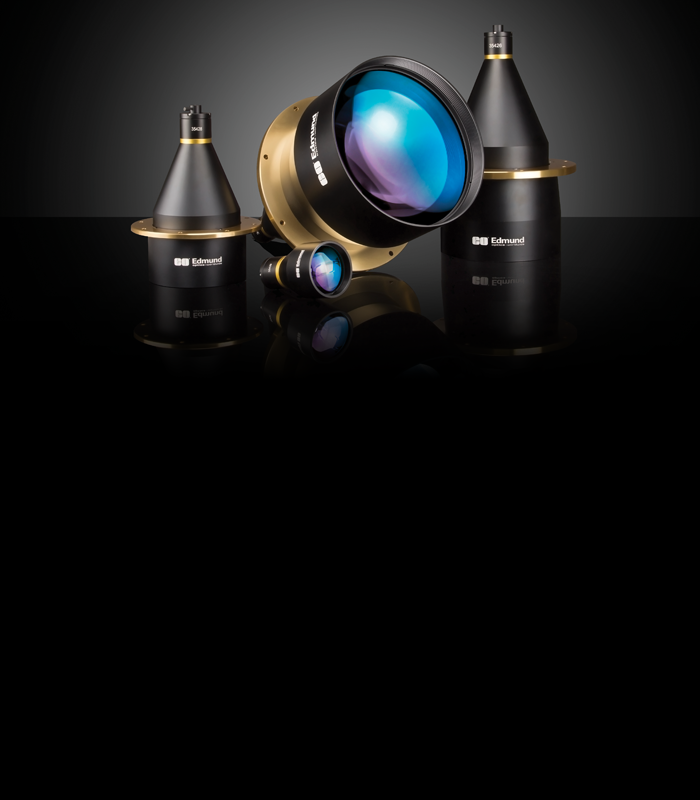
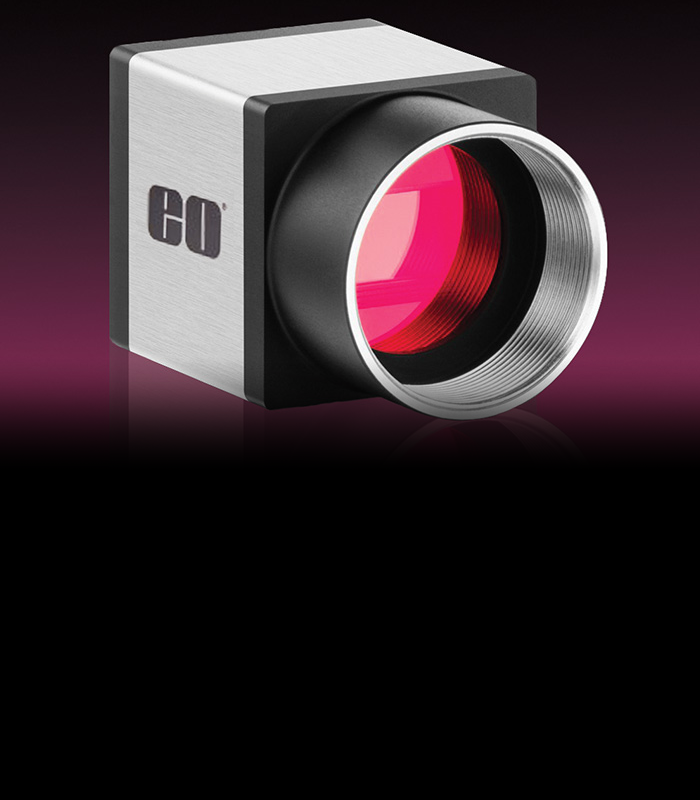
or view regional numbers
QUOTE TOOL
enter stock numbers to begin
Copyright 2023, Edmund Optics India Private Limited, #267, Greystone Building, Second Floor, 6th Cross Rd, Binnamangala, Stage 1, Indiranagar, Bengaluru, Karnataka, India 560038
California Consumer Privacy Acts (CCPA): Do Not Sell or Share My Personal Information
California Transparency in Supply Chains Act
The FUTURE Depends On Optics®